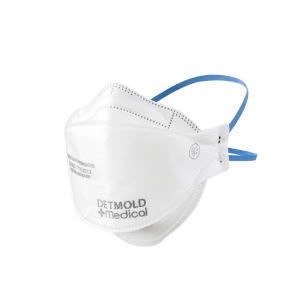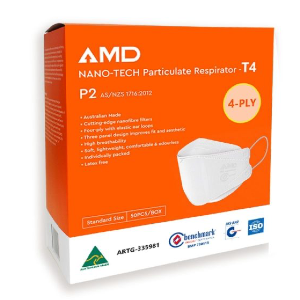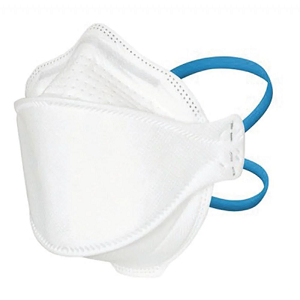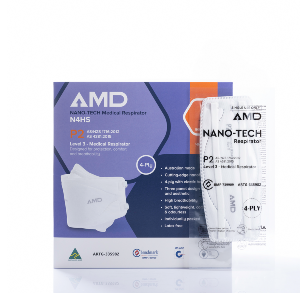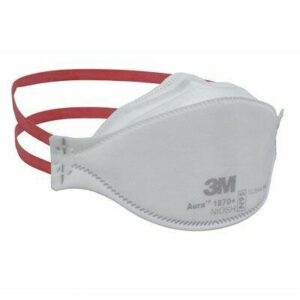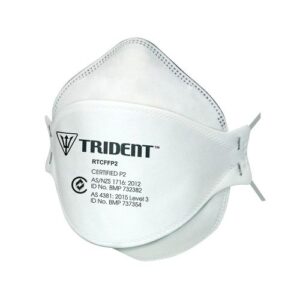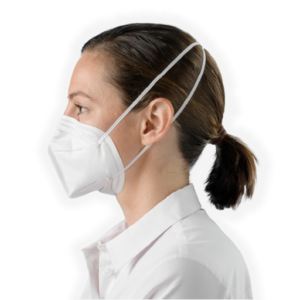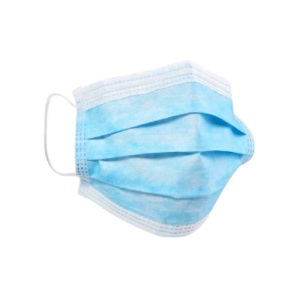
Face masks are essential for protecting a care worker’s nose and mouth from exposure to infectious agents. They are used when there is a risk of:
- Droplets or aerosols (e.g., from coughs or sneezes)
- Splashes or sprays of blood or body fluids (e.g., when emptying wound or catheter bags)
Masks are worn during the care of individuals with infections spread by droplet or airborne routes. They may also be placed on clients/residents who are coughing, especially if they cannot cover their mouths. However, consider whether wearing a mask will cause distress, particularly if the client or resident does not understand its purpose.
Types of Masks:
- Surgical Masks: Suitable for most situations.
- Other Types of Masks: May be required as informed by your supervisor.
Golden Rules for Masks:
- Check the manufacturer’s instructions before use.
- Avoid touching the front of the mask once it is in place.
- Use each mask for the care of one person only and change it if a care activity takes a long time.
- Do not leave the mask dangling around your neck.
- Discard the mask after use and perform hand hygiene immediately.
Face masks are a crucial part of personal protective equipment and essential for maintaining safe work practices.

